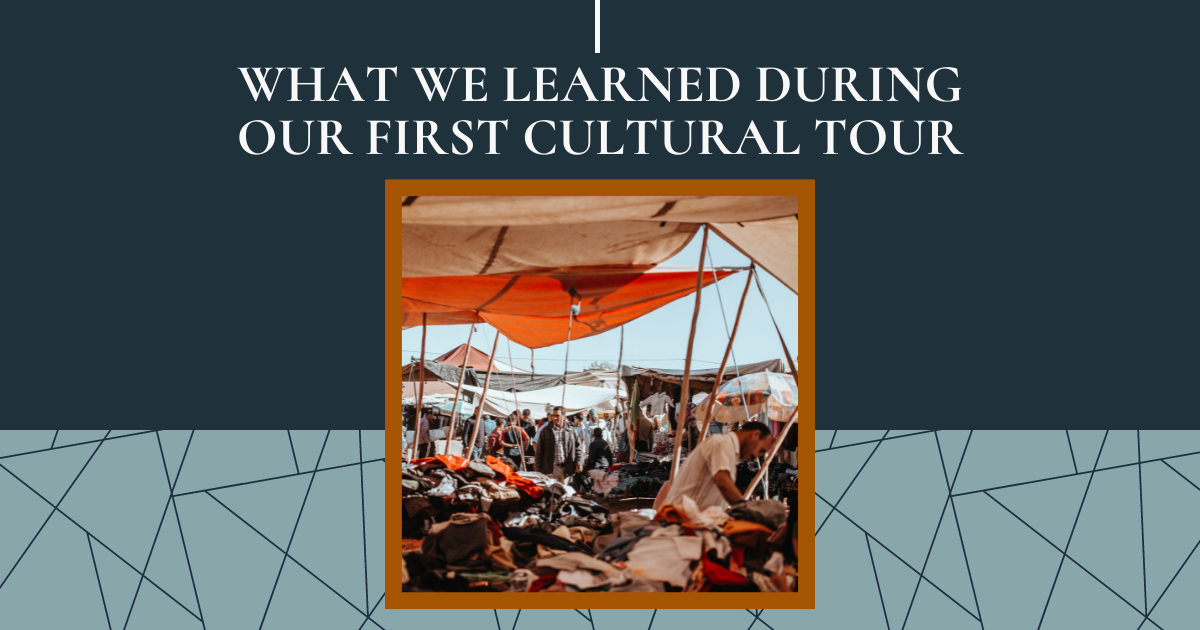Culture 101
“Culture is the customary beliefs, social forms, and material traits of a racial, religious, or social group; also, the characteristic features of everyday existence (such as diversions or a way of life) shared by people in a place or time.”
— Merriam Webster Dictionary
Culture is often described as an iceberg. There is the part of the culture that we can easily see and observe: surface or observable culture. Then there is the underlying part of culture that is the much larger part of the iceberg: the invisible or deep culture. These are the notions and unwritten rules we carry with us, driven by our values and beliefs. The deeper aspects of culture are the driving forces that determine food, festivals, arts, and the other features of culture that we can easily see.
Do you work in a multicultural team or context? Are you traveling to a country with a culture different than your passport country? Do you need an outside perspective to help you make sense of the cultural misunderstandings you face? We can help you learn to navigate the cultural differences you face in your context.














Morocco is a very unique country for several reasons. The first is its strategic location in the northwest of the continent of Africa, just 14 kilometers south of Europe. This beautiful country is bordered by the Mediterranean Sea in the North, the Atlantic Ocean in the West, Algeria to the East, and Mauritania to the South. For this reason, Morocco is a crossroads where cultures, civilizations, and ethnicities meet.